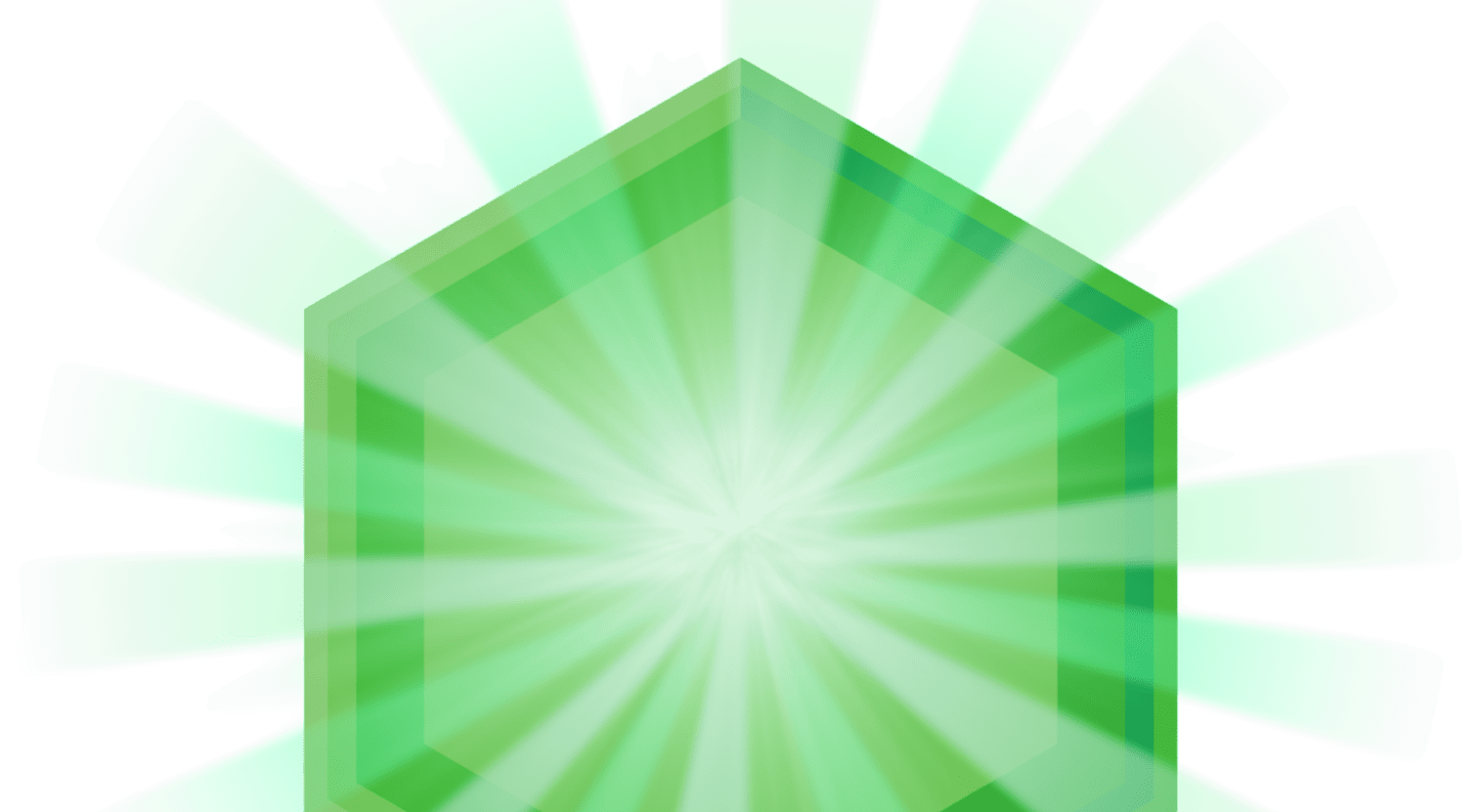
GET ALLERGY RELIEF AT THE SOURCE: WHEN AND WHERE YOU NEED IT.

WHY ALLERGIC REACTIONS START IN YOUR NOSE
At times, we all naturally breathe in allergens like pollen, pet dander, dust, and mold. And, since the nose is the natural filtering system and gateway for the lungs, it's the first place that experiences the results of these allergy triggers.1

UNDERSTANDING THE “ALLERGIC CASCADE”
When you inhale allergy triggers, your body overreacts by producing 6 key inflammatory substances—histamine, prostaglandins, cytokines, tryptases, chemokines, and leukotrienes. These substances work together to create what's called an “allergic cascade," causing a chain of symptoms like nasal congestion, runny nose, and itchy, watery eyes.2

AN ALLERGY PILL OR A NASAL SPRAY? THE CHOICE IS YOURS.
Not all forms of allergy treatments work the same. Take allergy pills and intranasal steroid sprays for example. Allergy pills only act on 1 of the substances that cause symptoms in your body—histamine, while FLONASE nasal sprays helps block 6, including histamine.*
FLONASE SENSIMIST Allergy Relief is also 40% more powerful than a leading non-drowsy allergy pill,** so you get more effective allergy relief when and where you need it.

FLONASE NASAL SPRAYS TREAT ALLERGIES AT THE SOURCE
Though allergy pills treat several allergy symptoms, single-ingredient allergy pills don’t treat nasal congestion at all. FLONASE products are applied directly at the source of where your allergies start and are indicated to relieve both nasal congestion and itchy, watery eyes.†
*Mechanism vs most OTC allergy pills. FLONASE nasal sprays act on multiple inflammatory substances (histamines, prostaglandins, cytokines, tryptases, chemokines, and leukotrienes). The exact number and precise mechanism are unknown.
**Total nasal symptoms vs single-ingredient fexofenadine 180 mg.
†FLONASE SENSIMIST is indicated for itchy, watery eyes in adults and children 12 years of age and older. See product pages for full information.
Sources:
1. Allergic Reactions. American Academy of Allergy Asthma & Immunology. https://www.aaaai.org/conditions-and-treatments/library/allergy-library/allergic-reactions. Accessed September 27, 2017.
2. Cytokines In Allergic Disease. Department of Pathology and Laboratory Medicine. https://med.uth.edu/pathology/medic/health-professionals/cytokines-in-allergic-disease/. Accessed September 27, 2017.



